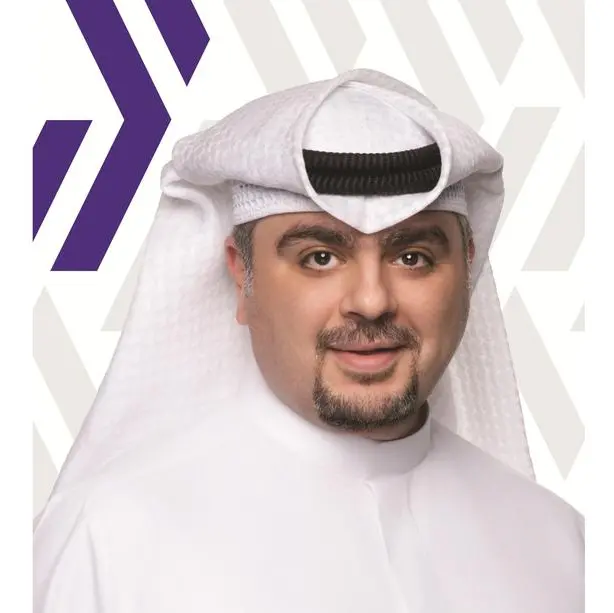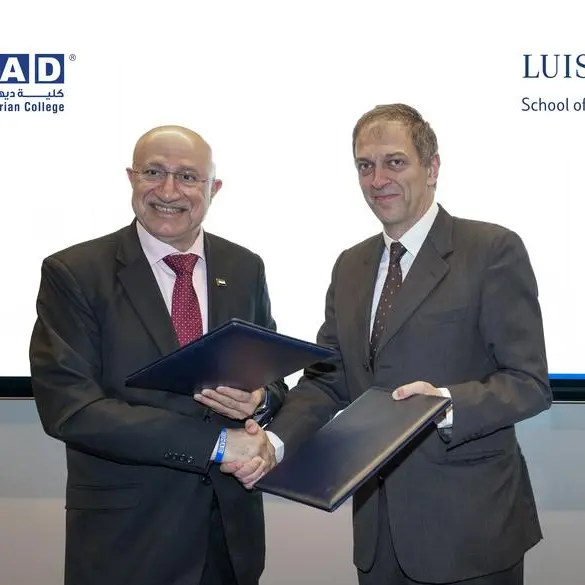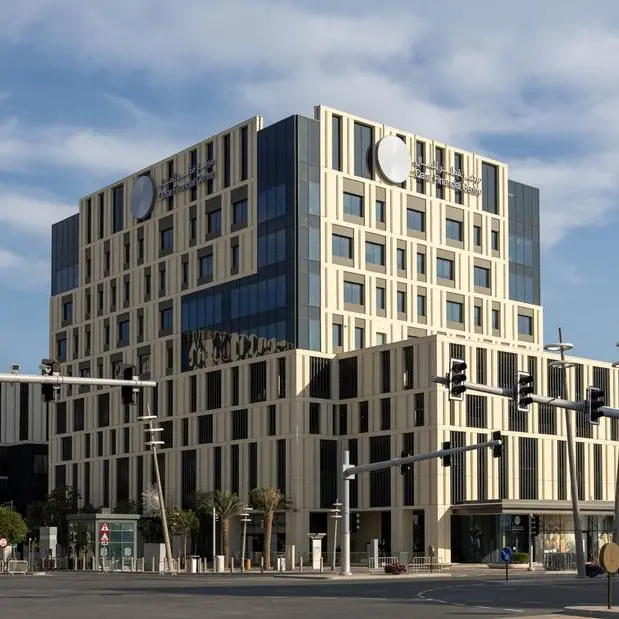The World Bank Group’s Board of Executive Directors on September 23, 2021 discussed the new 2022-2026 Country Partnership Framework (CPF) for Djibouti, which supports the country’s goal of reducing poverty through a strong focus on private sector development. The five-year CPF guides the work of the World Bank, the International Finance Corporation (IFC) which focuses on the private sector in developing countries, and the Multilateral Investment Guarantee Agency (MIGA), which facilitates foreign direct investment through political risk insurance and credit enhancement guarantees.
“The new Country Partnership Framework for Djibouti seeks to take advantage of Djibouti’s strategic location, at the crossroads of regions and continents,” said Marina Wes, World Bank Country Director for Egypt, Yemen and Djibouti. “With a strong focus on poverty reduction and shared prosperity, our partnership will support private sector development to boost productivity and job creation, with a renewed emphasis on human capital development and governance.”
Creating a more conducive environment to develop the private sector is critical for building long-term resilience to economic shocks such as COVID-19. The CPF will aim to address the immediate needs related to the pandemic while supporting medium- to long-term reforms to create the right environment for inclusive and job-creating growth. Aligned with Djibouti’s Vision 2035 and guided by the priorities of the government’s national strategy, the program has two main focus areas:
- To promote inclusive private sector-led growth, job creation and human capital by stimulating entrepreneurship and Small and Medium Enterprise (SME) development, and strengthening productive skills and access to jobs, including for women and youth. The World Bank Group will also support government efforts to promote private sector development in key sectors such as tourism, housing and agribusiness while continuing its engagement in energy and infrastructure and improving intra-regional connectivity.
- To strengthen the role and capacity of the state by supporting the government’s efforts to improve access to and the delivery of basic services in health, education and water; and to promote the transparency, accountability and efficiency of the public sector with a focus on enhancing transparent management and public debt sustainability.
Throughout the two focus areas, the CPF will foster digital transformation, strengthen transparency to support good governance, and promote gender parity. To help strengthen Djibouti’s resilience to external shocks, regional integration will be core to the program which also maintains engagement in climate change adaptation, mitigation and disaster response.
The Djibouti Country Partnership Framework will support business environment reforms to boost productivity and encourage private investment in Djibouti with IFC and MIGA support.
“The private sector plays an essential role in creating jobs and promoting economic growth. IFC will continue to work closely with the government of Djibouti and with the World Bank to explore opportunities to support reforms that will improve Djibouti’s business environment and investment climate and help the country achieve its development goals,” said Jumoke Jagun-Dokunmu, IFC Regional Director for Eastern Africa.
Aligned with the World Bank’s regional strategy for the Middle East and North Africa, the Djibouti Partnership Framework is underpinned by the Systematic Country Diagnostics (SCD), the World Bank Group’s comprehensive analysis of the opportunities and challenges for Djibouti to achieve poverty reduction and shared prosperity in an inclusive and sustainable way. It builds on extensive consultations with a broad range of stakeholders including the government, private sector, civil society and development partners. Implemented jointly by the World Bank, IFC and MIGA, the CPF will span two International Development Association (IDA) cycles – IDA19 and IDA20.
“Our new Country Partnership Framework takes into account the global pandemic, its impact on Djibouti’s economy and population and current regional dynamics”, said Boubacar-Sid Barry, World Bank Resident Representative in Djibouti. “We will work closely with the authorities to support the new development program, with the goal of reducing poverty and achieving more sustainable and inclusive growth, while also boosting regional integration.”
The World Bank’s portfolio in Djibouti consists of 13 projects totaling US$248 million in financing from the International Development Association (IDA), the World Bank’s arm for the poorest countries. The portfolio is focused on education, health, social safety nets, energy, rural community development, urban poverty reduction, the modernization of public administration, governance, and private sector development with an emphasis on women and youth.
Distributed by APO Group on behalf of The World Bank Group.
© Press Release 2021
Disclaimer: The contents of this press release was provided from an external third party provider. This website is not responsible for, and does not control, such external content. This content is provided on an “as is” and “as available” basis and has not been edited in any way. Neither this website nor our affiliates guarantee the accuracy of or endorse the views or opinions expressed in this press release.
The press release is provided for informational purposes only. The content does not provide tax, legal or investment advice or opinion regarding the suitability, value or profitability of any particular security, portfolio or investment strategy. Neither this website nor our affiliates shall be liable for any errors or inaccuracies in the content, or for any actions taken by you in reliance thereon. You expressly agree that your use of the information within this article is at your sole risk.
To the fullest extent permitted by applicable law, this website, its parent company, its subsidiaries, its affiliates and the respective shareholders, directors, officers, employees, agents, advertisers, content providers and licensors will not be liable (jointly or severally) to you for any direct, indirect, consequential, special, incidental, punitive or exemplary damages, including without limitation, lost profits, lost savings and lost revenues, whether in negligence, tort, contract or any other theory of liability, even if the parties have been advised of the possibility or could have foreseen any such damages.



















